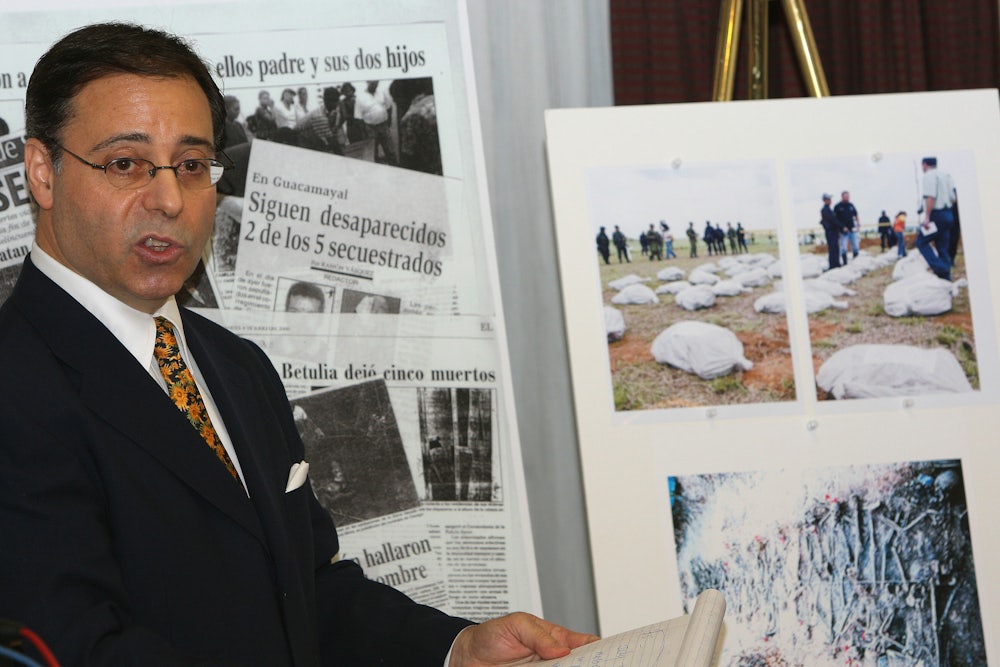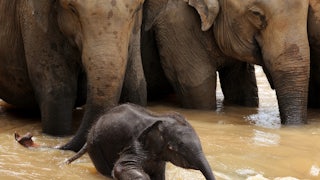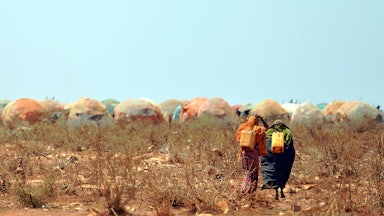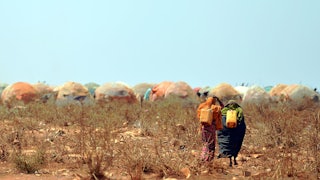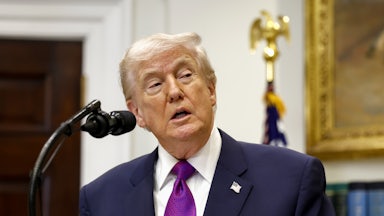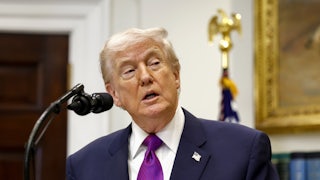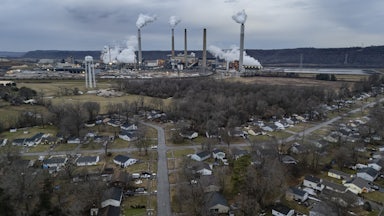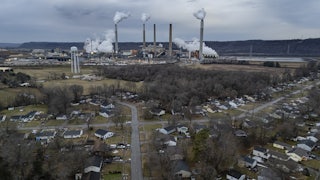On Tuesday, a jury in South Florida found Chiquita Brands liable for the deaths of eight people killed by the United Self-Defense Forces of Colombia, or AUC, a right-wing paramilitary organization that the company paid nearly $2 million to in exchange for “support” in Colombia’s banana-growing region from 1997 through 2004. The court ordered the multinational fruit seller to pay out $38.3 million to the victims’ surviving relatives as part of a civil case. Lawyers for the affected families argued that the AUC—a designated foreign terrorist organization in the United States, which disbanded in 2006—killed and forcibly displaced people in fertile areas of Colombia, allowing the company to buy up land for cheap and convert plantain farms into banana farms.
Judgments against corporations are rare. That’s especially true when the people suing them are foreign nationals who have been harmed in their home countries; Chiquita previously paid a $25 million criminal fine in 2007 for violating U.S. anti-terrorism laws. This week’s ruling against Chiquita, however, is reportedly the first time that a major U.S. company has been held liable for human rights abuses in another country.
Companies typically have a lot of success portraying themselves as victims rather than perpetrators. International free trade agreements rely on secretive tribunals for what are known as investor-state dispute settlements, allowing companies to demand compensation from governments that threaten their profits. As I’ve written about before, companies routinely use the Energy Charter Treaty—to which the U.S. is not a signatory—to claim these sorts of payouts, often for environmental regulations or canceled fossil fuel developments. Just last year, the Alberta Petroleum Marketing Commission sued the U.S. government over the White House’s decision to finally revoke a 2019 permit to build the Keystone XL pipeline extension, slated to carry crude oil from the Canadian tar sands to Nebraska.
While that case is still pending, investor-state dispute settlements in general have a track record of producing relatively speedy payouts for aggrieved executives. In 2022, arbitrators with the World Bank’s International Center for the Settlement of Investor Disputes, or ICSID, ruled in favor of the U.K.-based oil company Rockhopper, demanding the Italian government pay upward of $250 million over a ban on offshore oil and gas drilling. Although the company’s initial investment was just $29 million, the ECT allows companies to sue for future losses.
Compare that to the Chiquita case: The families whose loved ones were killed by the AUC spent 17 years in court seeking justice. The original case was on behalf of 393 people allegedly tortured and killed, and it sought $7.86 billion—not the $38.3 million that was awarded this week for only eight of those deaths.
Others aren’t so lucky. Corporate legal teams are well equipped to spend years fighting off claims, accosting lawyers who argue cases against them, and avoiding trials altogether. Just last year, ExxonMobil settled a case brought against it in 2001 by 11 villagers in the Indonesian province of Aceh. They alleged that soldiers hired by the company to guard an oil and gas facility committed acts including sexual assault, battery, and unlawful detention between 1994 and 2003. Exxon has denied any wrongdoing, and the two sides reached the settlement just a week before the trial was set to begin last May. (The terms of the settlement are confidential.)
In recent history, as well, the U.S. has closed off some of the few venues through which victims of human rights violations committed by corporations can be heard in U.S. courts. In Kiobel v. Royal Dutch Petroleum, in 2012, the Supreme Court ruled that the Alien Tort Statute does not apply to human rights violations committed outside of the country, unless claimants can prove a strong connection to the United States. The inciting lawsuit was brought by Nigerian refugees in the U.S., who argued that the Dutch and British oil and gas giant, also known as Shell, had aided and abetted the Nigerian military’s systematic torture and killing of environmental protesters in the 1990s. A federal appeals court ruled that Shell could not be held responsible, and the Supreme Court, in taking up the case, opted to rule on the broader question of whether corporations are immune from tort liability for violations of international law, including torture. Unanimously, 9–0, they said yes, although they left open some limited possibility for using the Alien Tort Statute to try corporations in the future “where the claims touch and concern the territory of the United States.”
Esther Kiobel, the widow of Dr Barinem Kiobel, who was hanged in 1995 along with nine other Ogoni activists, including writer Ken Saro-Wiwa, has continued to pursue justice against Shell on behalf of the so-called Ogoni Nine. In 2022 she lost a civil case heard in front of the District Court of The Hague, in the Netherlands.
In light of an international legal architecture so thoroughly rigged against the victims of corporate abuse, the victory against Chiquita this week is remarkable. With any hope, it won’t be the last.
